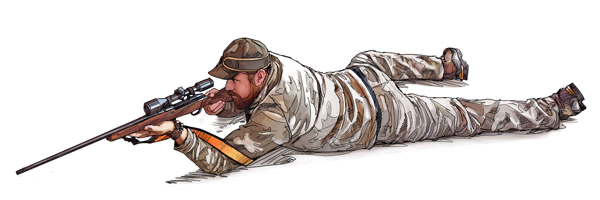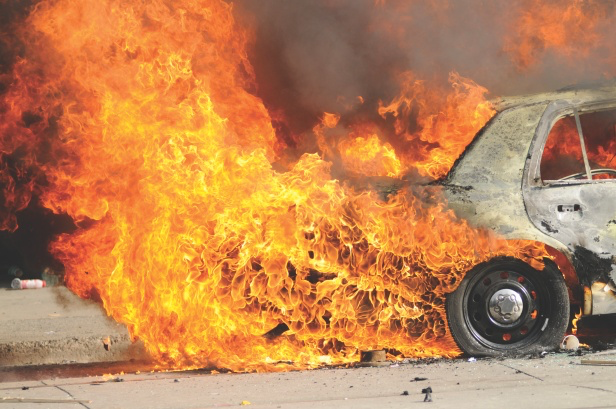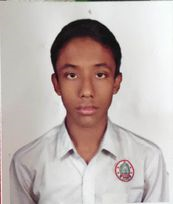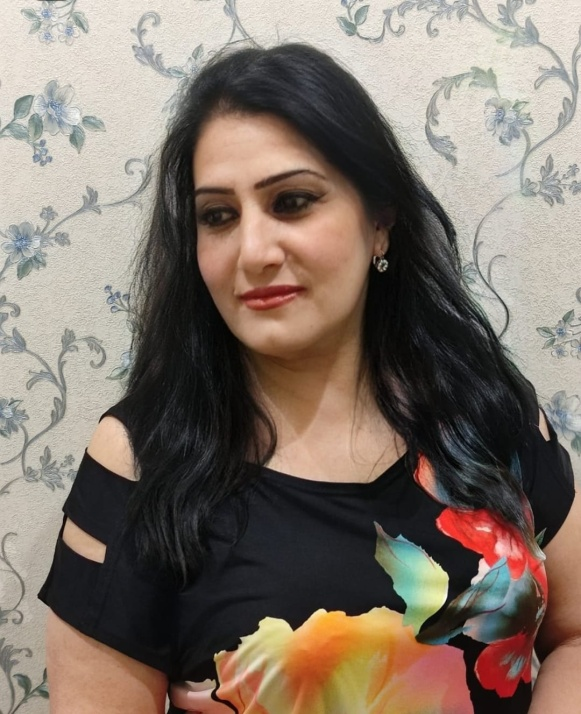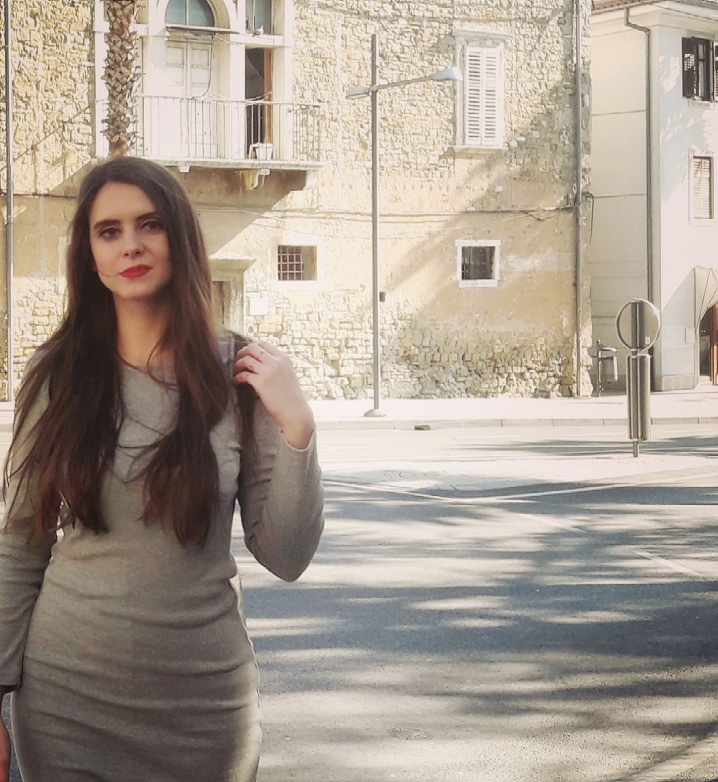First of all, we have an announcement, an open call for video submissions from women of color, up to four minutes long, showing any artistic practice or medium and how it helps you heal yourself or others. This is for Sista Creatives Rising, a mother-daughter run nonprofit in New Hampshire. Claire Jones and Amaranthia Sepia invite you to submit videos here.

PAID OPEN CALL
Art & Mind: I Know Who I Am! Journeys of Women of Color & Femme-Expressing Creatives in partnership with @sistacreativesrising & @dancingqueerly
Please share our call with any BIWOC or femme-expressing creatives of color! A newsletter will be sent at least once a week, into July, featuring our team and other info!
Now, for mid-June’s issue of Synchronized Chaos.
Even with all that we have learned about life, much of our existence is still blanketed in mystery.
This month’s submissions express encounters on different levels with the unknown.

Rezauddin Stalin’s fanciful pieces draw on mythology to remind us of all that we do not yet know. Z.I. Mahmud analyzes the comedic aspects of Christopher Marlowe’s Faust, a character driven by an infernal quest for knowledge.
Kahlil Crawford reviews Jeff Deutsch’s In Praise of Good Bookstores, which discusses the life of the mind and the curated bookstore, the physical architecture of the store and how it can encourage learning and discovery. Quademay Usanova probes the linguistic structure of Russian, Uzbek and Central Asian languages while Mamatkasimova Sitora urges us to understand ecology in order to show respect for the world in which we all live.
Sayani Mukherjee conveys the mystical, distinctive gauzy light of evening, while Mercedes Lawry finds moments of art in everyday outdoor scenes and Patrick Sweeney renders glimpses of children and the outdoors into haikulike poetic phrases.
Anshi Purohit renders homeless street survivors as heroes and protagonists, inspirations for art.
Kimberly Gomes and Christina Chin collaborate on tan-renga poetry that takes closeups of everyday scenes from various vantage points. Michael Todd Steffen’s tribute piece celebrates and memorializes Seamus Heaney and the spirit of his poetic readings.
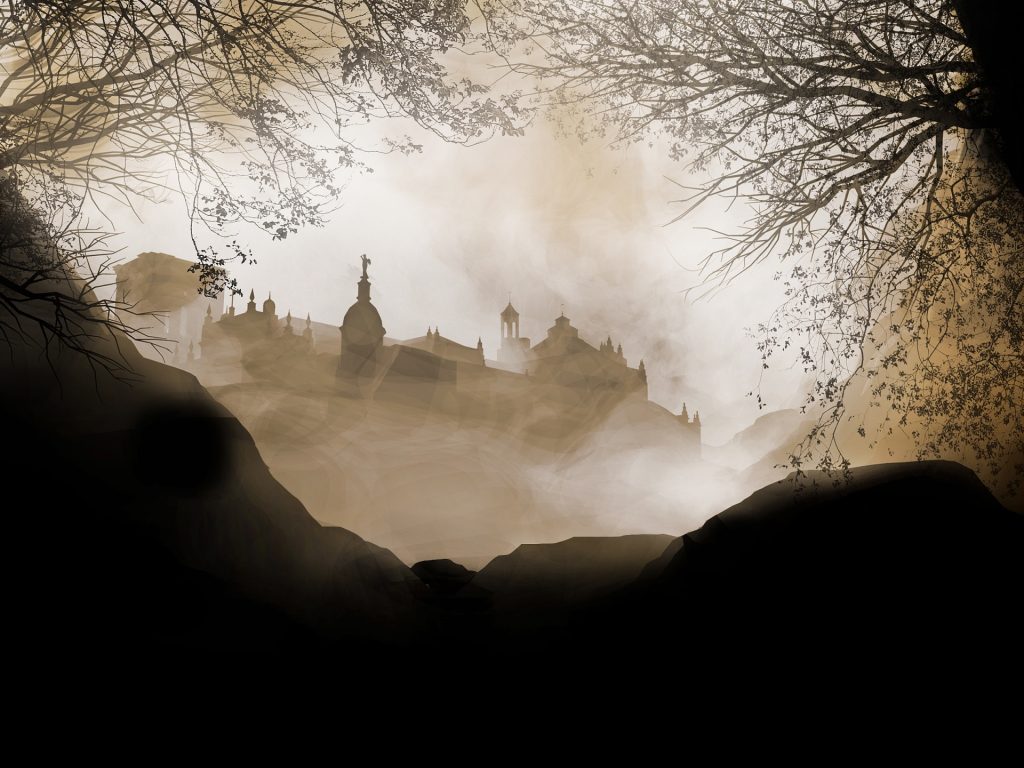
Mark Young contributes some more of his geographies: fanciful, yet intricate enough to contain an element of realism. Channie Greenberg creates painted computer images of various kinds of flowers. Don Bormon describes the welcoming and lovely environment of a local beach in his South Asian homeland.
Joan Leotta’s poetry probes the balance of nature’s elements, and what happens when things get out of kilter during a flood. In contrast, Damilola Oyedeji’s work celebrates the rhythm of rain and Rob Plath evokes the calm that comes and returns between life’s literal and figurative storms.
Chuck Taylor’s young and broke protagonists remember the fascination of watching lighting strike near their fireworks stand. Leslie Lisbona speaks to life’s precarity: young adventures traveling and dating in the face of death. Peter Dellolio probes the mindset of those with survivors’ guilt and trauma in his one-act play about a car wreck survivor.
Lorena Caputo writes of travel around the Caribbean, watching locals and tourists and vegetation come and go. Brian Barbeito also aims to capture the spirit of natural scenes through his photographic images, which include many closeups of flowers and stems.
Daniel De Culla regales us with pastoral scenes of dogs and cats and chickens around a small historic village in Spain.

Other contributors look to what is less understood about human psychology and relationships.
Maja Milojkovic depicts efforts to communicate with people who are distanced, either by fear of being themselves or by societal and gender misunderstandings. Azemina Krehic relates a desperate attempt to stay together, to cling to union with another person, while Elmaya Jabbarova affirms undying and elemental love. Mesfakus Salahin speaks to how love affects our brains and psyches.
Damilola Oyedeji’s second piece explores the awkwardness of processing lost love and figuring out how to re-categorize and understand the person who has left your life.
Vlad Volochun writes of a deathly, crushing breakup, while Yahuza Uzman probes the pain of loneliness and J.J. Campbell speaks of aged, broken bodies harboring broken dreams.
Stephen Jarrell Williams describes the journey through life under a shadow of continual grief.
C.L.S. Sandoval addresses death and people’s outer and inner griefs, as well as the inevitable and even healthy tension that arises in relationships.
Chimezie Ihekuna’s suspense novel involves unhealthy tension, the inter-generational effects of intimate partner abuse and trauma.
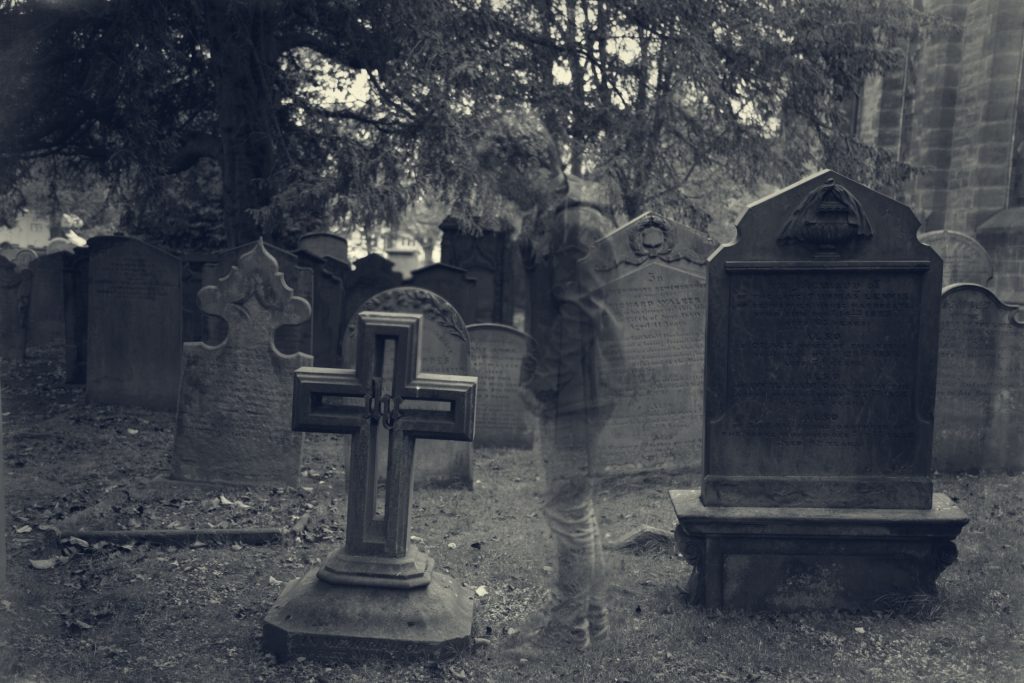
Mukhlisa Safarova looks at political tension at a much broader level than Ihekuna, with an analysis of a way to understand the balance of power among states. Tuyet Van Do suggests a darker reality behind our own, along with caution about technology. Pat Doyne satirizes Donald Trump in the language of card games, rendering him a historical caricature while Mark Blickley and Dario Saraceno contribute an ekphrastic spoof of both high art and life coaching.
Other writers look inward. Ammanda Moore’s poetic speaker reflects on losing control of her psyche, rapidly cycling through a bipolar manic episode that distorted her sense of reality.
John Culp describes a different sort of loss of control, spiritual and romantic ecstasy.
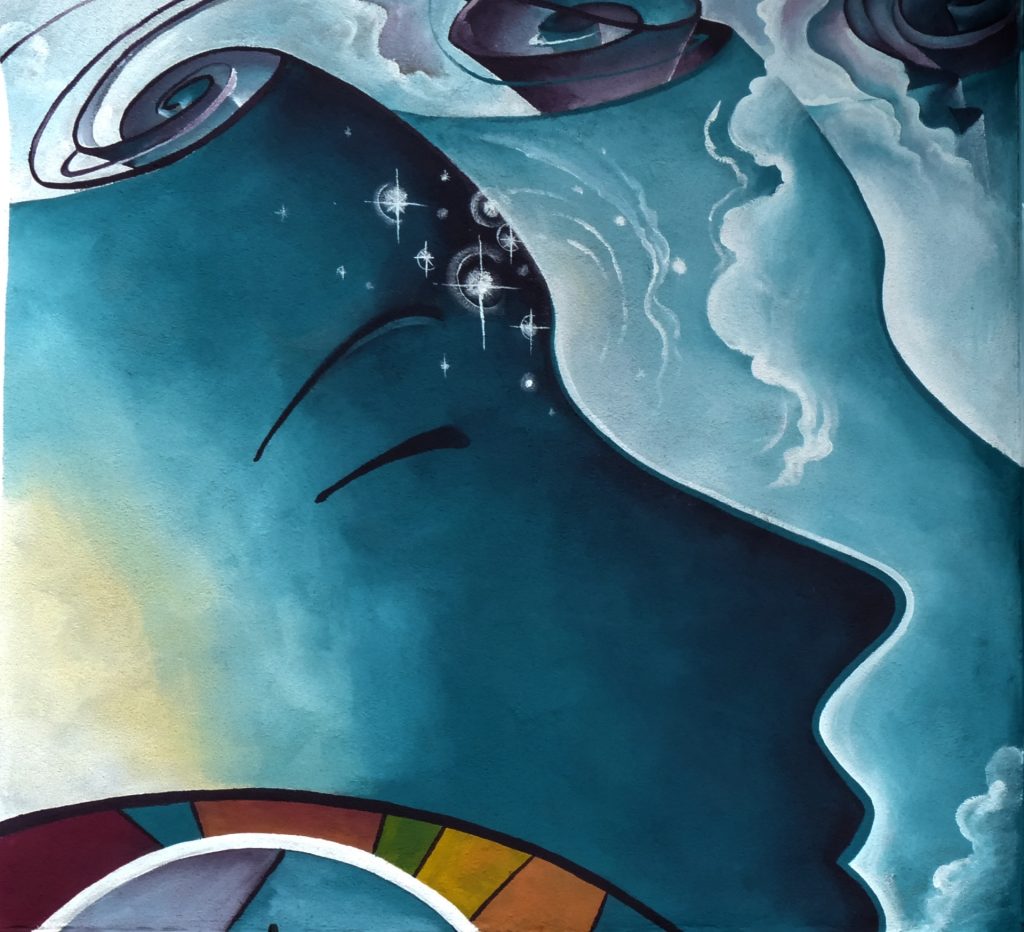
Others continue in the vein of celebrating human connection. Kuziyeva Shahrizoda’s piece explores the meaning of gratitude and respect while Sevara Eshonqulova shares memories of her mother’s generosity in hard times. Shoxijahon Urunov advises readers on how to choose a good friend while Mokhinur Abduhalilova relates a story of how a young boy overcoming obstacles inspires others to do the same.
Noah Berlatsky reflects on our search for beauty while Rus Khomutoff’s speaker embraces the moment where he finds himself even while transcending it.
Fotima Sayfullayeva discusses self-awareness, figuring out who she is, wondering if she can change herself.
Mytyka Rzyhykh reflects on where we find joy, on the compromises we make to live, while J.K. Durick explores our relationship to time, how we remember and forget.


